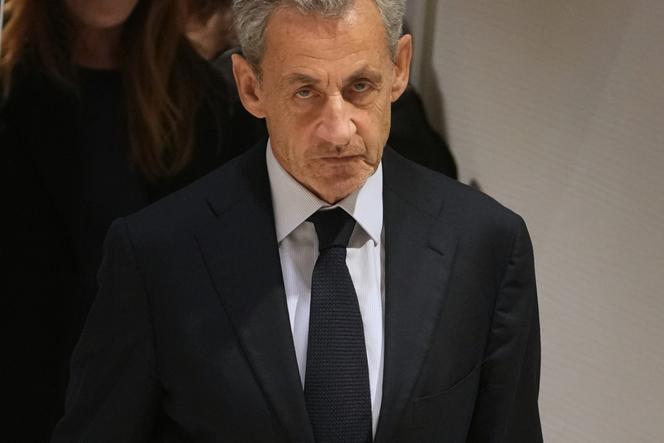


Nicolas Sarkozy, looking detached and stone-faced, arrived just before 10 am on Thursday, September 25, to hear the court's verdict on allegations of Libyan funding for his 2007 presidential campaign. He sat beside his lawyers in a packed courtroom, under the confident gaze of his close circle, including his wife Carla Bruni and his sons. The hearing got off to a promising start.
Presiding Judge Nathalie Gavarino began by explaining that the court intended to narrow the scope of the charges and issued a slew of case dismissals, immediately acquitting three people: Edouard Ullmo, prosecuted for corruption during the sale of 12 Airbus aircraft to the Libyan regime; Ahmed Bugshan, a Saudi billionaire whose funds fueled suspicious transactions; and, most notably, Eric Woerth, the 2007 campaign treasurer, who did not even appear in court on the day. With that, the charge of illegal campaign funding was out of the picture from the outset.
The former president regained hope, without fully realizing that if the court was reducing the charges, it was to focus more decisively on what seemed indisputable. The room stirred, and Sarkozy began to worry when two police officers positioned themselves on either side of banker co-defendant Wahib Nacer – who had orchestrated a complex flow of Libyan funds – when his detention order was announced and he was sentenced to four years in prison. The French-Djiboutian intermediary would be spending Thursday night in jail. Then two more police officers flanked Alexandre Djouhri, a friend of Sarkozy's who talks tirelessly but says little, who was sentenced to six years in prison, also effective immediately.
You have 80.9% of this article left to read. The rest is for subscribers only.
